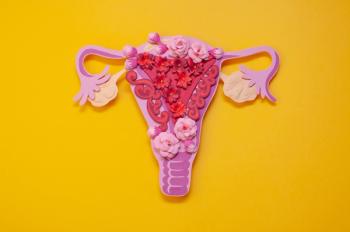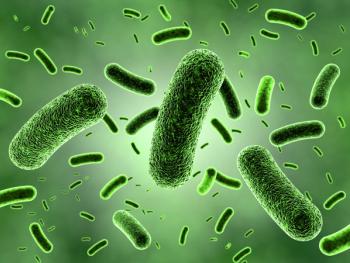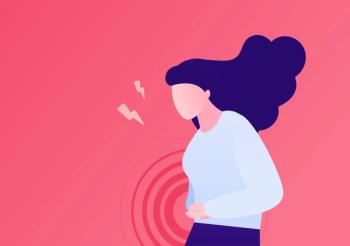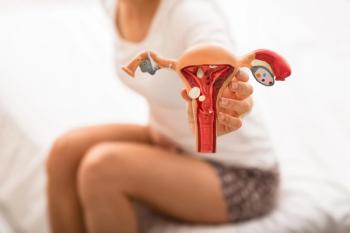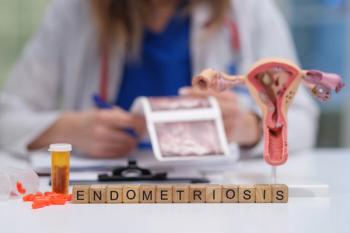
No specific dietary adjustments increase quality of life in endometriosis patients
An online explorative observational study in the journal Reproductive BioMedicine Online has found that there are no specific dietary adjustments to increase quality of life among Dutch endometriosis patients.
Nonetheless, many of these patients do believe that dietary adjustments have a beneficial effect on their symptoms.
“Little scientific evidence exists on the effect of nutrition on endometriosis,” wrote the authors. “In addition, most of the current studies are case-control studies investigating dietary intake and the risk of developing endometriosis instead of endometriosis treatment.”
The study used the Dutch Healthy Diet 2015 index (DHD-15) and quality of life (QoL) with the Endometriosis Health Profile-30 questionnaire (EHP-30) to assess diet quality.
The questionnaires were completed by 157 women with endometriosis, 56% of whom were recruited through the Dutch Endometriosis Society and 44% from Rijnstate Hospital in Arnhem, the Netherlands.
The general health score of the participants was 58.5 and their physical pain score was 57.3, both on a 100-point scale. The 3 most commonly reported endometriosis symptoms were lack of energy, pelvic pain, and menstrual pain; however, gastrointestinal problems were also frequently cited.
The EHP-30 core score was 193.6 on a 500-point scale. In the additional EHP-30 modules, endometriosis-related quality of life was least affected by work and most affected by infertility.
Overall, 55.5% of respondents indicated that nutrition impacted their endometriosis symptoms. Within this subgroup, 70.0% reported that nutrition decreased their symptoms, while 30.0% reported an increase in symptoms.
Nutrition also affected other symptoms, not related to endometriosis. For instance, 32.5% of participants reported having 1 or several food allergies or intolerances or both, with lactose intolerance and gluten intolerance or allergy most frequently mentioned.
The majority of participants made at least 1 dietary adaptation for their endometriosis: a specific diet (46.5%), dietary supplements (56.1%) or other dietary adjustments (64.3%).
In total, 314 specific food adjustments were mentioned, of which 71.3% were reported to reduce pain symptoms. Of the food products that were mentioned at least 4 times, the removal of gluten showed the greatest reduction of symptoms. The removal of dairy or soy, plus the addition of vegetables, were also often cited as causing the greatest perceived reductions of symptoms.
Participants reported they made these dietary adjustments for less than a week to a maximum of 10 years, with a median duration of 1 year.
Endometriosis patients had a significantly lower DHD-15 score, indicating a lower diet quality than a healthy reference group (P =.004).
Similarly, diet users had a significantly higher total DHD-15 score than non-diet users (P <.0001).
“This was mainly due to the higher intakes of vegetables, fruits, nuts and fish in diet users,” wrote the authors.
But diet quality did not correlate with quality of life (P =.904).
Research has shown that women with negative encounters with providers and treatments are more likely to follow a diet.
The authors noted, however, that more research is required to glean evidence about the specific effects of nutrients on endometriosis symptoms.
“This could be investigated through an intervention study in which attention should be paid to providing information concerning healthy dietary choices,” they wrote.
Reference
Krabbenborg I, de Roos N, van der Grinten P, et al. Diet quality and perceived effects of dietary changes in Dutch endometriosis patients: an observational study. Reprod Biomed Online. Published online July 24, 2021. doi:10.1016/j.rbmo.2021.07.011
Newsletter
Get the latest clinical updates, case studies, and expert commentary in obstetric and gynecologic care. Sign up now to stay informed.

